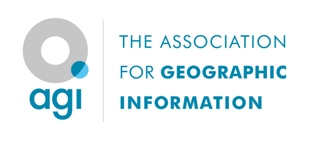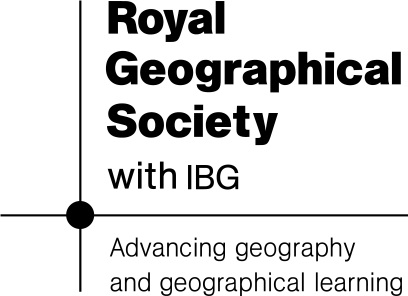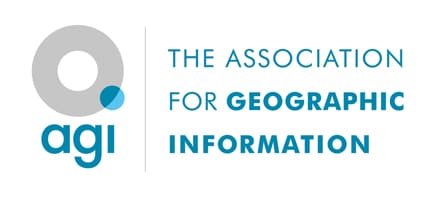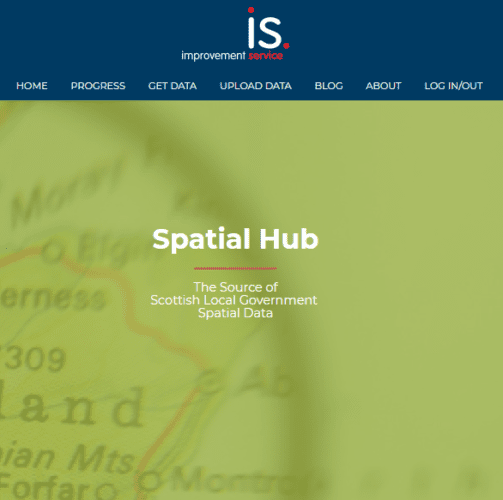Local government data collection and standardisation is useful for assessing, monitoring and comparing the impacts of policy interventions, connecting different policy areas and data interoperability.
Challenge
Data collected by local government is often only gathered for specific business purposes, with few standards applied and with little attention to its value as an asset for use elsewhere within local government or wider commercial benefit. This is despite local government being obliged to make their data accessible and interoperable for other purposes under the EU INSPIRE Directive.
Local government data collection and standardisation is useful for assessing, monitoring and comparing the impacts of policy interventions, connecting different policy areas and data interoperability. Addressing challenges of interoperability and data quality at a national level through good, well-resourced data management could underpin a digital transformation in the use of local government data.
Solution
The Improvement Service, a local government-owned company providing good-practice support and resources for local government in Scotland, runs a number of initiatives around the digital delivery of public services. One of these is increasing the accessibility and usability of local government-created data through the Spatial Hub, delivered by the Spatial Information Service.
Spatial Hub provides a single point of access to standardised and quality-controlled Scottish local authority data. The Hub is cloud-hosted, built on a mostly open-source tech stack and brings together different themes of data from each of the 32 local authorities in Scotland.
Launched in 2016, there have been over 1,200 uploads from local authorities and 900,500 uses of Spatial Hub datasets. There are now 36 national datasets being continuously collected, improved and published from the Spatial Hub, including 4 open datasets. The most popular include school catchments, planning applications and tree preservation orders.
Agreements with each council permit the Improvement Service to act on their behalf to implement a data quality improvement programme and facilitate user access to Council datasets. Datasets were incrementally prioritised, collected and published over the past three years.
The data are currently made available to the public sector in Scotland in line with the One Scotland Mapping Agreement, which uses organisational authentication keys. However, datasets will be made available to other sectors of the data community. This includes enabling the commercial sector to pay for data access – as they already do for local government’s address data and the One Scotland Gazetteer (via Ordnance Survey’s addressing products).
Benefits
Combining systems or data
All Scottish public bodies (under the One Scotland Mapping Agreement) have free access to the Spatial Hub, enabling data teams to access quality-controlled data from across the country for their own uses.
The Hub can enable better integration and improvement of local authorities’ own work with geospatial data, simply by making it more accessible. Because the Hub is compliant with the EU’s INSPIRE directive, it also offers an easy route for local authorities to meet their INSPIRE obligations by uploading their data for processing and publication. Local authorities can also connect some their own pre-existing web services.
Over 100 organisations have been issued with Spatial Hub authentication keys and are actively accessing datasets for their business. More than 130 other academic and commercial organisations have also requested data access. Several organisations, including SEPA and Marine Scotland, are using bespoke web services to stream Spatial Hub datasets directly into their online web mapping applications.
The Spatial Hub’s use of open-source technology for hosting and standardising data helps reduce maintenance costs.
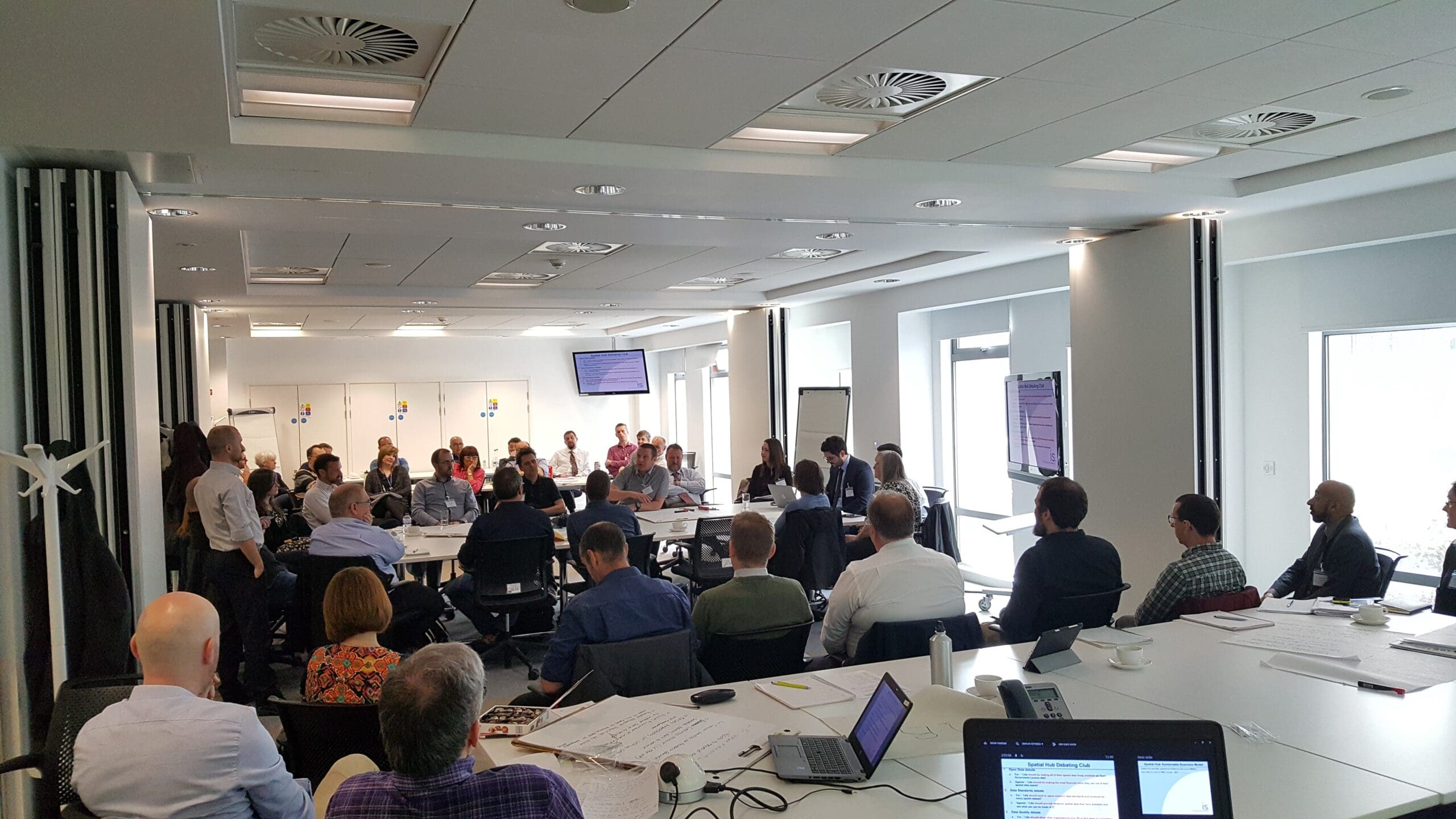
Boosting productivity and improving capability
The Spatial Hub reduces the work needed for external organisations to access data from 32 (plus the two national pakrs), and offers easy and quick access to data in ShapeFiles and GeoJSON formats, as well as web services, enabling easy use with mapping software.
Without specific central government funding, the Improvement Service argues that the most sustainable business model is to generate revenue from commercial usage of the datasets, and that collating, improving and publishing data widely via a single source or project is a cost-effective approach. Commercialisation of local government-created data saw £250,000 reimbursed from Ordnance Survey sales of address data in 2019, which was returned to local authorities to spend specifically on certain areas of data improvement.
These commercial data sales can help raise the profile and perceived value of local government data collection and sharing, and the Spatial Hub intends to extend this commercialisation model to a wider range of datasets.
Further reading
- Find more details on the structure of the hub here
- Read a blog about the Hub by Head of the Spatial Information Service
